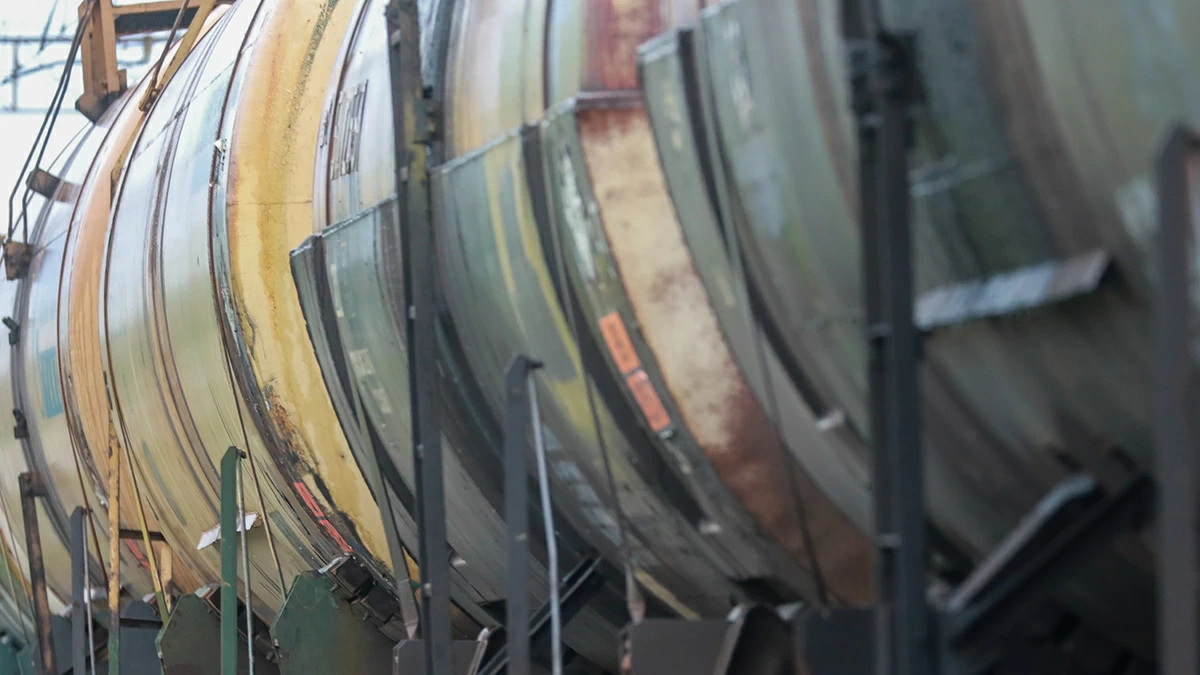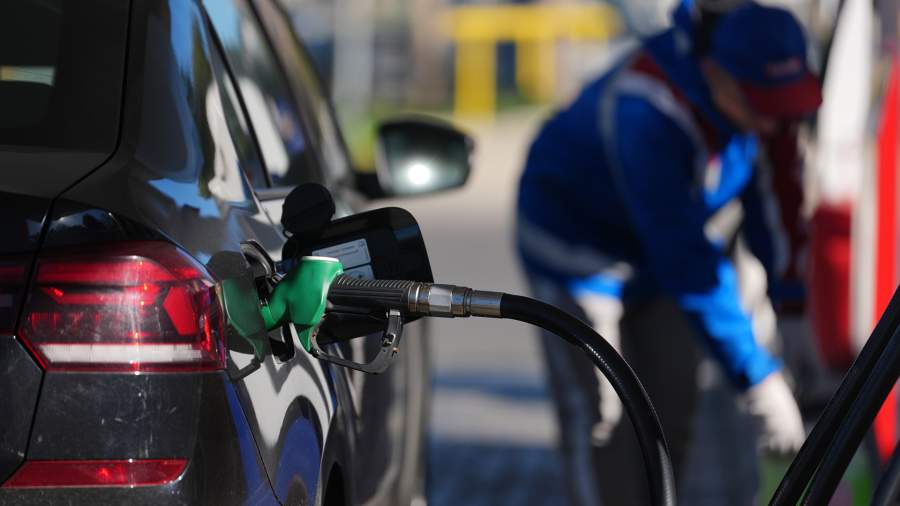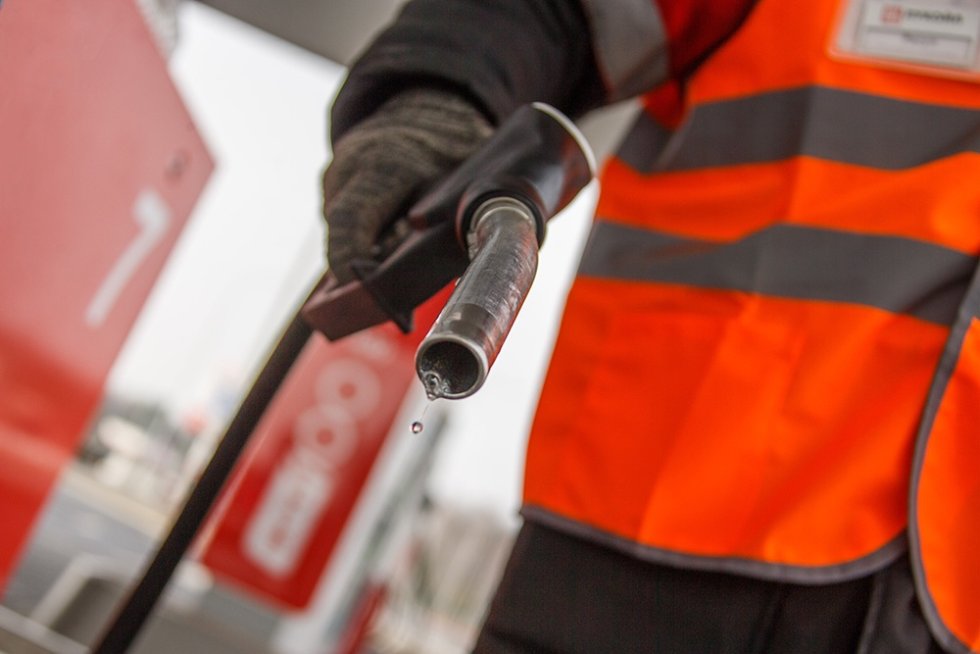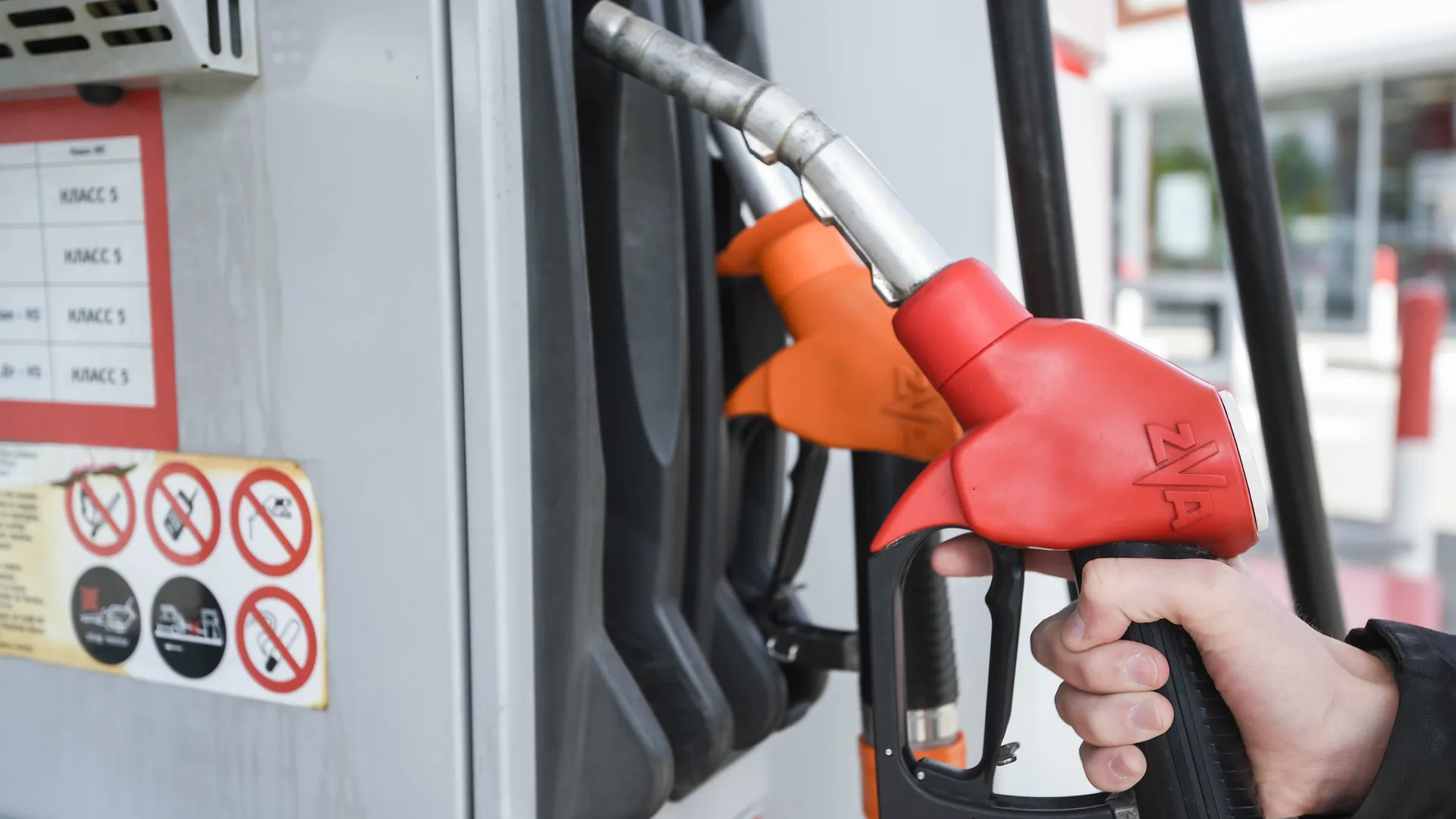What are you looking for:
The Ministry of Finance Meets Oil Companies to Deter Gasoline Price Increases
Currently, the permissible deviations are set at 10% and 20%, respectively. Under the existing terms, oil companies will not receive compensation for August and September (based on the results of the first 15 days of those months). It appears that the proposed changes may be enacted retroactively, covering August or September of this year. In fact, during the last month of summer, exchange quotes for AI-92 gasoline (the basis for calculating the damping mechanism for gasoline) surpassed the limits defined in the tax code. A mere 5% increase in quote limits would have sufficed for August, but by September, prices exceeded this threshold, necessitating a 10% allowance.
Under current regulations, the damping mechanism is nullified if the average monthly price for AI-92 gasoline exceeds 66,495 rubles per ton, and for diesel fuel (DT) exceeds 68,640 rubles per ton. Should the limits increase to 20% and 30%, the maximum allowable prices would rise to 72,540 and 74,360 rubles, respectively. Currently, AI-92 is priced at 73,144 rubles on the exchange, which already exceeds the yet-to-be-adopted new limits for compensation. However, as noted by Sergey Frolov, Managing Partner of NEFT Research, exchange prices are expected to begin declining steadily from late September due to a seasonal drop in demand. Expanding the eligibility criteria for the damping mechanism will also positively contribute to normalizing the market conditions.
If the measures proposed by the Ministry of Finance are enacted retroactively to August, oil companies will not lose their compensation. While one might argue that the majority of citizens are indifferent to oil companies' profits, the nullification of the damping mechanism would lead to an initial increase in wholesale fuel prices, followed by a rise in retail prices. This occurs because gasoline and diesel are export commodities tethered to international market prices. The damping mechanism serves to keep domestic fuel prices below export levels and mitigates fluctuations in global oil and petroleum product prices.
According to Yuri Stankevich, Deputy Chair of the State Duma's Energy Committee, the dynamics of exchange prices are currently most affected by limited supply from major fuel producers, which drives speculative demand. This has led both the Federal Antimonopoly Service (FAS) and exchange regulators to manually adjust trading rules to synchronize the operations of all market participants in the fuel supply chain—from well to gas station—and to exclude speculative factors from influencing prices. Revising the parameters of the damping mechanism will enhance the economic performance of oil refining, positively affecting exchange and wholesale prices.
As Dmitry Gusev, Deputy Chair of the Supervisory Board of the "Reliable Partner" Association and member of the expert council for the "Gas Stations of Russia" competition notes, increasing the range of allowable deviations for exchange quotes aims to enhance the profitability of oil refining in relation to exports while simultaneously making domestic market supplies more attractive. In the absence of legislative priorities for domestic supplies amidst calculations of export alternatives, this measure remains the only option.
Moreover, as Sergey Tereshkin, director of the OPEN OIL MARKET fuel marketplace emphasizes, the indexation of the damping ceiling would occur regardless; it happens annually in January. However, it is crucial for the market to prevent fuel production from declining—this has become a priority for regulators.
Exchange prices for gasoline in August exceeded the upper limits for budget compensation payments to oil companies.
We are concerned about two questions in this situation: how will this impact gasoline and diesel prices at gas stations, and will there be a repeat of uncontrolled growth in exchange quotes in the future? Frolov believes that expanding the range will not significantly affect retail prices; however, it will contribute indirectly to increasing the margins of gas stations, which are currently at a critical level.
Tereshkin has a different perspective, asserting that the change in damping limits will secure exchange prices for AI-92 gasoline above 70,000 rubles per ton, significantly higher than the current threshold. This will decrease the profitability of independent gas stations, which are not part of vertically integrated oil companies (covering the entire production chain from oil extraction and processing to retail fuel sales). Consequently, high rates of retail price inflation are likely to persist even after the end of the traditionally "hot" summer season. Gas station owners will have to factor in rising procurement costs into final prices for consumers.
According to Gusev, gas stations are mere bystanders in this process, without a voice or a visible desire to engage in discussions. Independent gas stations and their associations have "retreated to the corners" and are neither willing to change nor to fight back. As a result, regulators are reshaping the market as they see fit.
Regarding the second question, experts agree that the issue cannot be systematically resolved merely by expanding the limits for compensation payments. Frolov is confident that crises will continue annually until the modernization program for oil refineries is completed, which aims to increase gasoline production in the country.
Nonetheless, the expert believes that the manual control and poorly functioning damping mechanism must be revised, although such actions are unlikely in the current climate.
Stankevich also points out that the damping mechanism in its current form does not strike a balance between the economic efficiency of oil refining and the projected dynamics of retail prices. Administrative price regulation exacerbates the situation in emergencies. In his view, industry participants need to synchronize their positions on a wide range of issues—from taxation to the territorial development of retail networks. These issues should form the foundation for dialogue with the government.
Gusev believes it is time to move to direct state regulation of fuel prices. At least until the end of the special military operation, all domestic exchange trading of goods should be suspended, and ceilings should be introduced for wholesale, small wholesale, and retail prices, as the expert clarifies. Afterward, if desired, the market could be revisited.
The Ministry of Finance and the Ministry of Energy did not respond to a request from "RG".
Source: RG.RU




